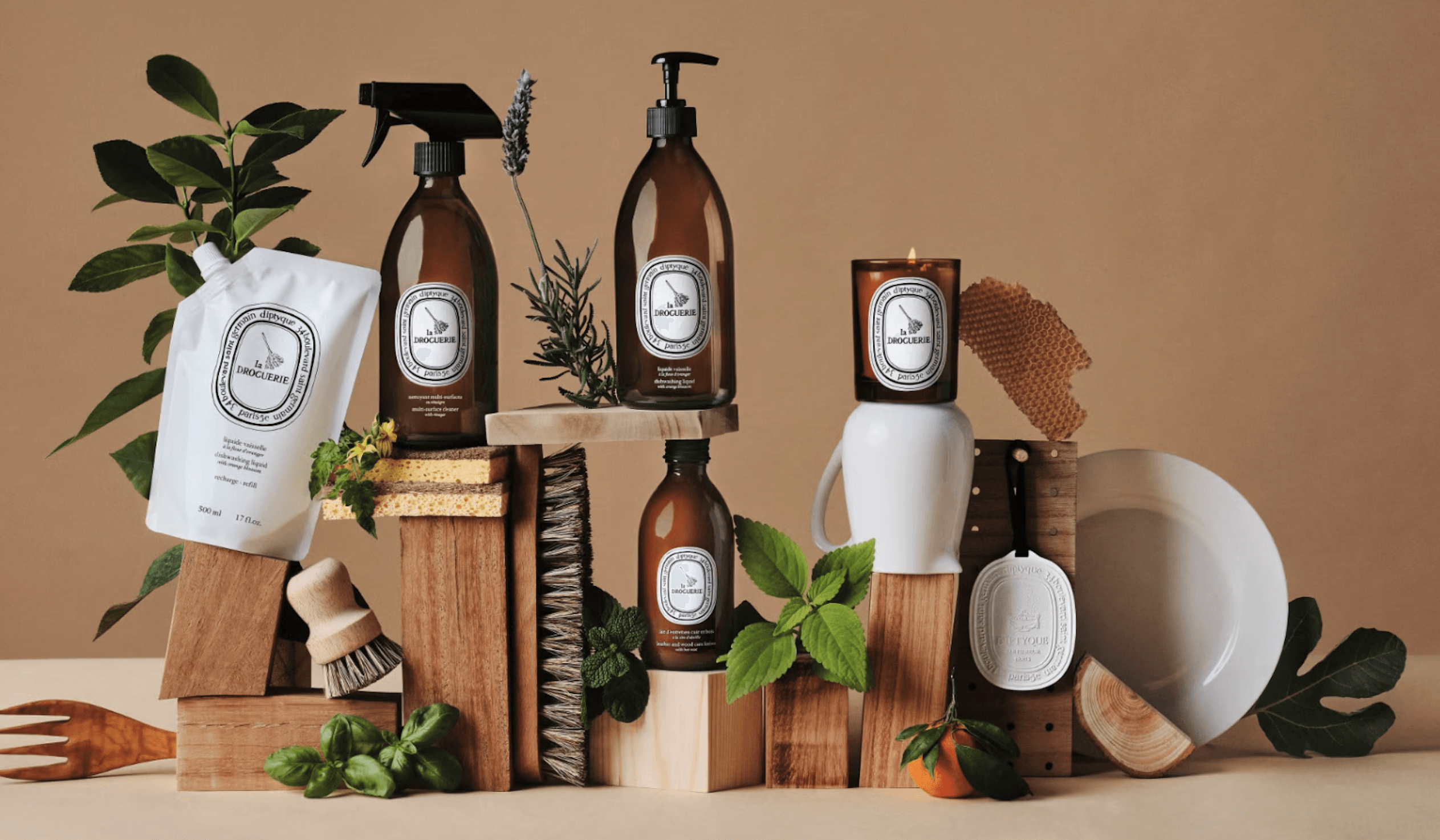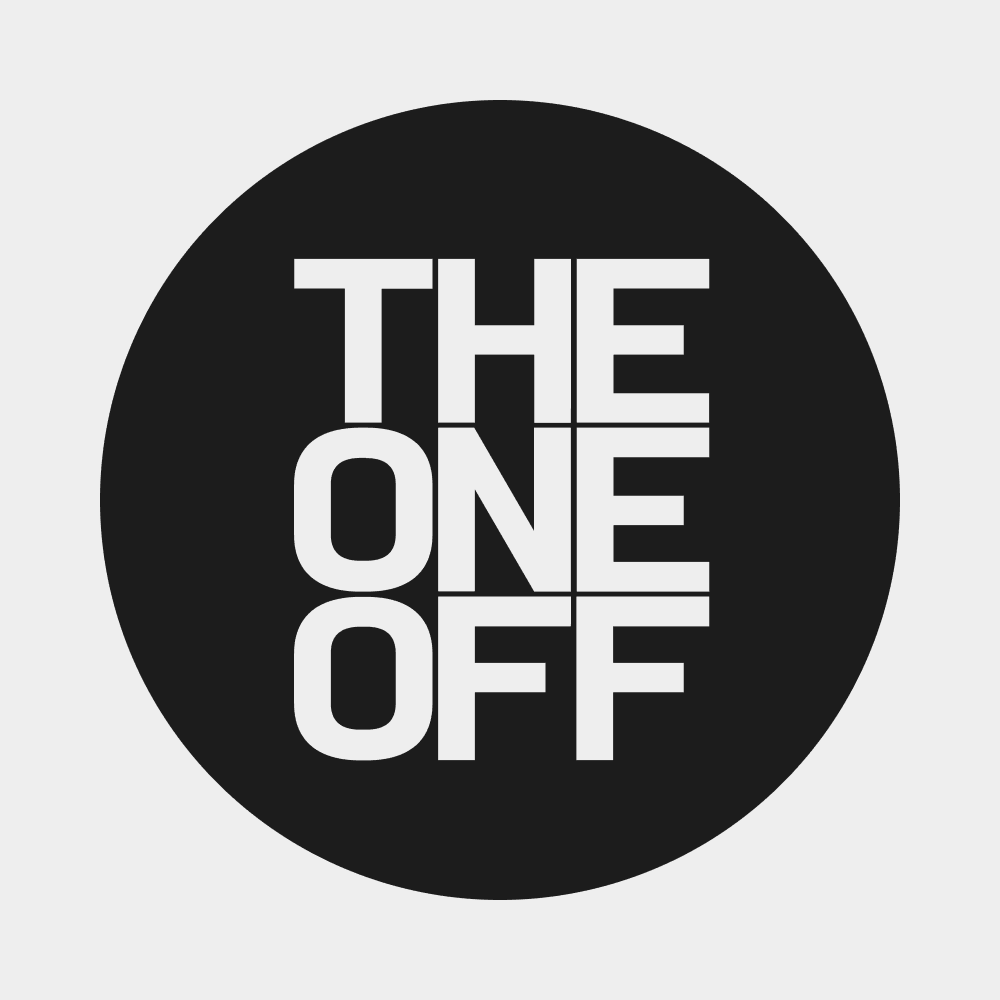Insights
Domestic Bliss Re-defined

Our obsession with cleaning and having a clean home has taken an unusual turn. Domesticity is being re-framed as a new kind of aspiration and is taking social media by storm. The tag #CleanWithMe, for example boasts more than 6.6 billion TikTok views and specific ‘deep clean’ accounts garner millions of views.
We track the cultural influence behind this keenness to be clean and look to future ways for brands and businesses to inspire domestic bliss.
Cleaning: The next viral superstar?
We start, as with a lot of current societal shifts, to see this change in attitude catalysed back in 2020 with the start of the pandemic. Our lives became centred around two things: being in our homes and our overall hygiene.
Social media has also had a huge impact on the narrative here – whereby housework is no longer a chore but ‘refashioned as a form of therapy’. An idea that is explored by Emma Casey and Jo Littler who identify the significance of the rise of the ‘cleanfluencer.’
We have seen a huge rise in videos of mundane tasks such as restocking the fridge or cleaning the bathroom become instant hits as housework is positioned as almost aspirational and eminently worthwhile, a form of therapy for stressful lives.
Look to ‘Mrs Hinch’; aka Sophie Hinchliffe from Essex, the ‘homegrown’ Instagram star with 4.1 million followers who shares daily images and stories of cleaning and family life, and has a series of bestselling books, regular daytime TV appearances and supermarket tie-ins or popular Stacey Solomon’s ‘Tap to Tidy’ method.
Embracing life’s untidiness
On the other end of the spectrum, there are a slew of people who recognise the need to want aesthetic living spaces which affirm their values, but also recognise that is not an easy or realistic lifestyle to maintain. Cue a messiness renaissance – where ‘non-aesthetic’ representation is more about enjoying a fulfilling and fun home life.
We are witnessing, therefore a movement that embraces all things normal – like dated kitchen cupboards and home hacks that don’t cost the earth.
The appeal of these ‘flawed spaces’ was also underlined by the popularity and appeal of American socialite Julia Fox’s ‘underwhelming apartment tour.’ With limited space, toys scattered about and shoeboxes in the kitchen, the video received rave reviews for its honesty and realism. Viewers loved the realism that someone so outwardly successful still had to worry about where her children’s toys go and how little space she had for shoes.
This less pressurised view is perhaps more realistic for a lot of us who don’t have hours to deep clean our bathroom with a myriad of products – these videos are great to watch but more difficult to maintain in our own lives.
TOO Takeaways:
So, where do brands and businesses fit into this new narrative?
There is certainly positivity to be found in romanticising something as simple as housework, however despite Britain’s pandemic-era rise in stay-at-home fathers, 66% of women still say cleaning is their responsibility (YouGov, 2022). Consequently, is this new narrative a way to reposition a burden as a lifestyle choice?
The gendered history of domestic labour and the figure of the ‘housewife’ seems to have been re-written in a new way to ensure women’s willingness to participate in unpaid labour.
Ensure to recognise this gender-clean gap and engage young people to encourage future generations to be equitable, thereby prompting incremental change.
In a time of widespread uncertainty encourage discussion of wider social, economic, and political issues and focus on reality. Show people the real side of you as a brand and encourage honest representation. Be a space where the pressure is off!
Play into the acceptance of ‘messiness’ – identify the kinds of lifestyles your consumers want to create and then provide moments which allow them to make their goals a reality.
